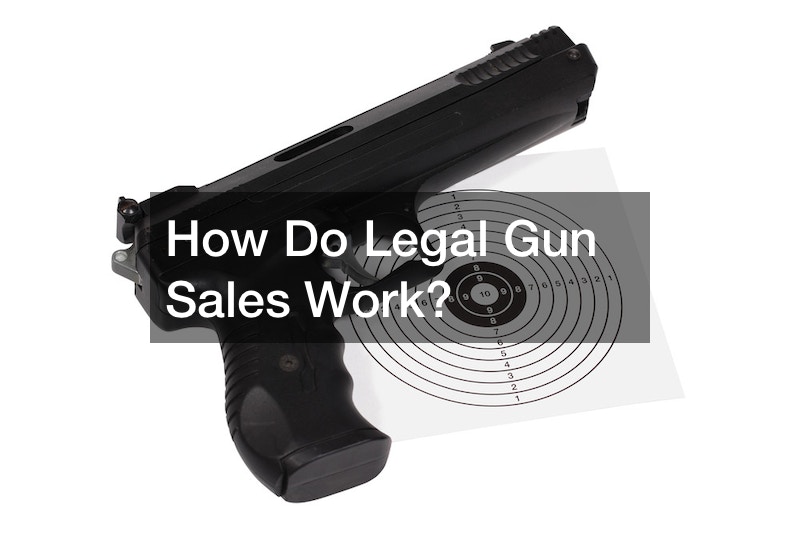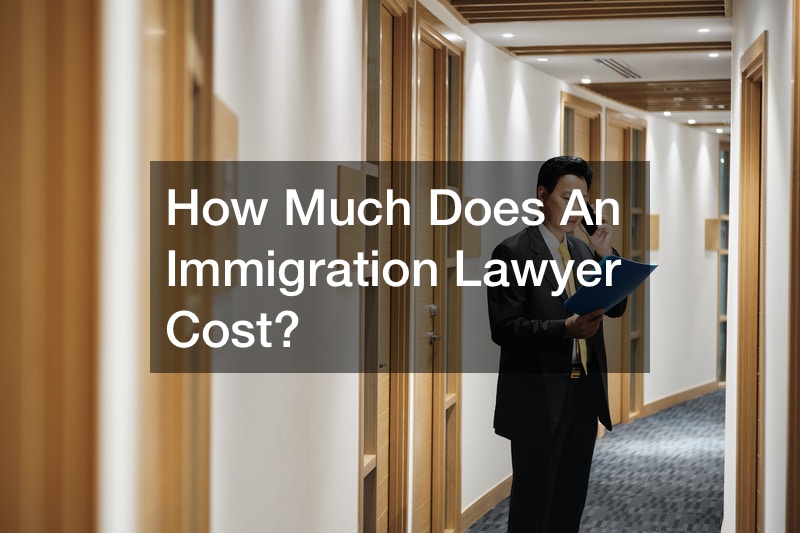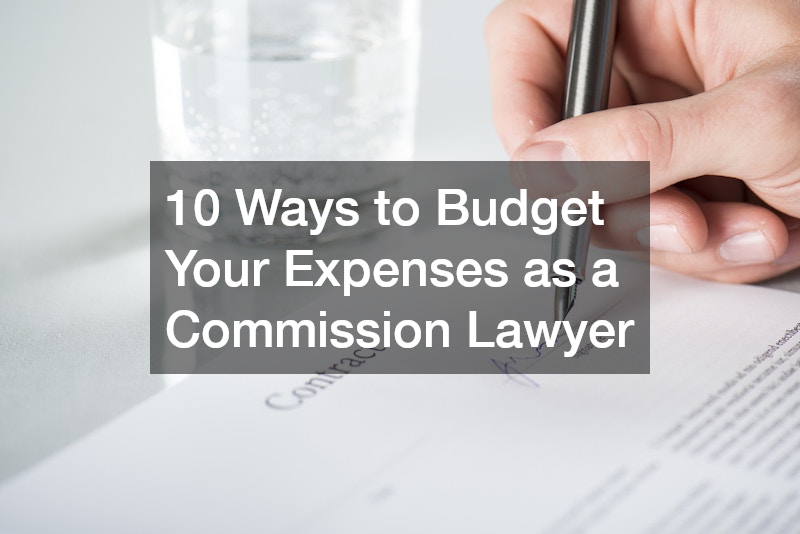
Legal gun sales follow a regulated process that varies depending on the country and jurisdiction. In general, there are certain steps and requirements to ensure that the sale and transfer of firearms are conducted lawfully and responsibly.
Firstly, prospective buyers typically need to meet certain eligibility criteria, such as being of legal age, having a clean criminal record, and fulfilling any specific requirements set by the governing authority. This may involve background checks and the completion of necessary forms or applications.
Once a buyer has been deemed eligible, they can purchase a firearm from a licensed gun dealer or through a private sale, depending on local regulations. Licensed dealers must maintain proper records and follow specific procedures, including conducting background checks on potential buyers.
During the transaction, the buyer must provide identification and complete the necessary paperwork, including filling out a form, providing proof of residency, and presenting a valid firearms license or permit. Some jurisdictions may also require waiting periods before the actual transfer occurs.
In regulated gun sales, the seller must keep transaction records, including details about the firearm, buyer, and sale date. These records are often submitted to the appropriate authorities for record-keeping and accountability purposes.
The specific process and requirements may vary significantly depending on the country, state, or local jurisdiction. Both buyers and sellers must familiarize themselves with the laws and regulations governing firearms in their area to ensure a lawful and responsible transaction.
.





